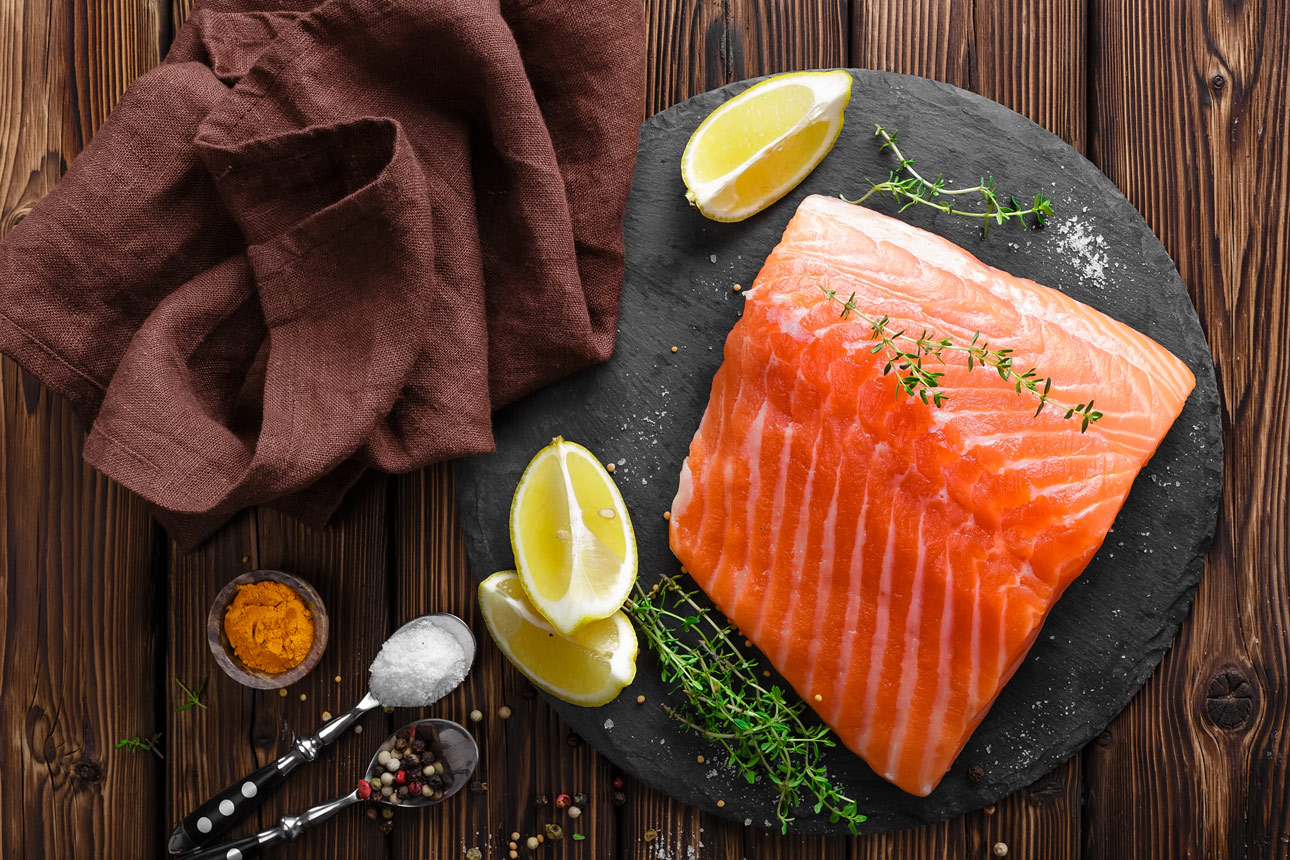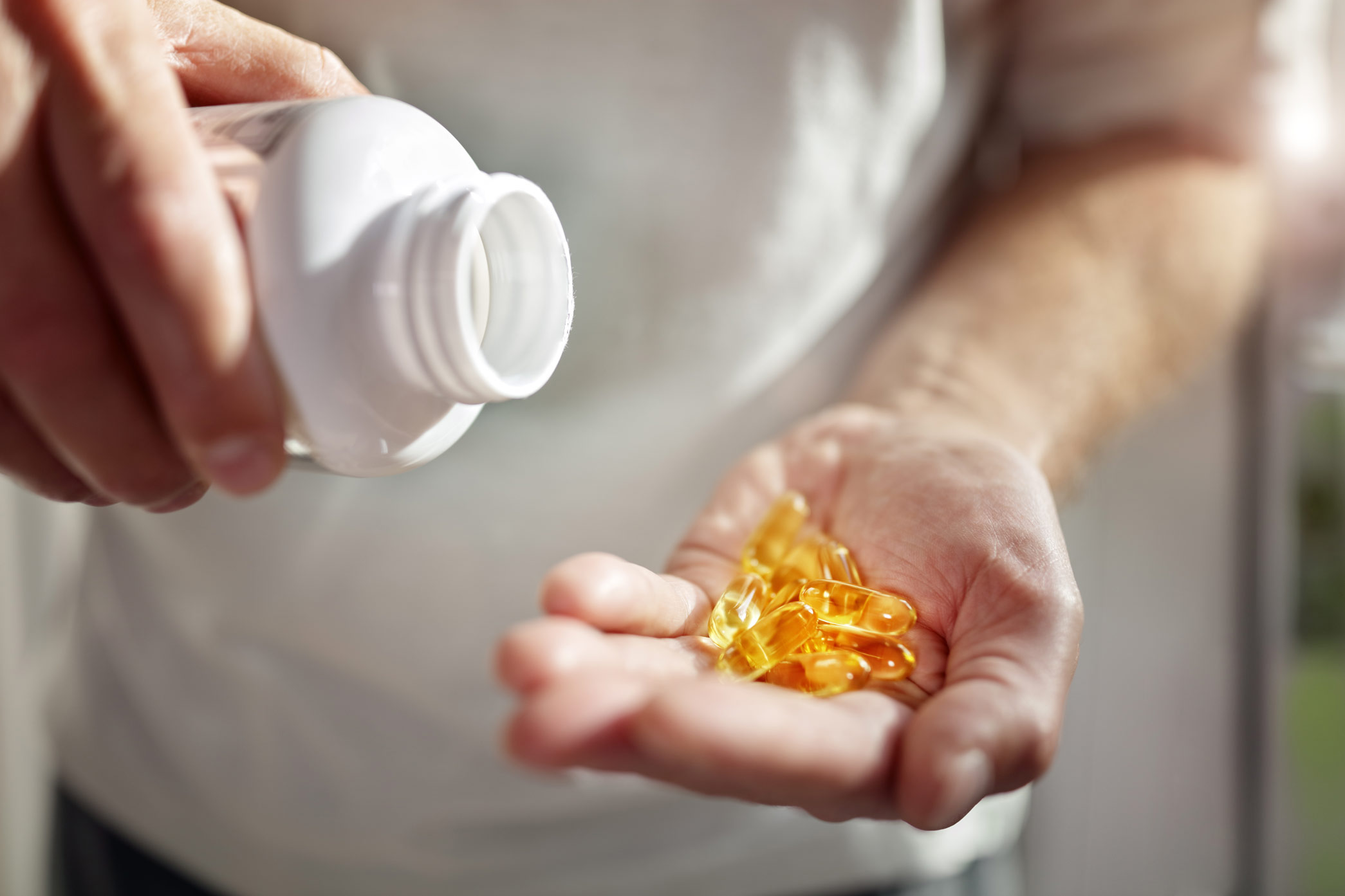If you want to build muscle tissue and improve strength, you probably pay a lot of attention to the exercise regime, dietary supplements and preparation of healthy meals. Have you thought about taking vitamin D?
What is vitamin D?
Vitamin D is a fat-soluble vitamin that is naturally found in a small number of foods and is synthesized in the body after exposure to sunlight. Vitamin D acts as a hormone in the body where there are vitamin D receptors. Those who lack vitamin D have an increased risk of softening bones and many other potential problems, from weak, fatty muscles to pain and changes in the functioning of the immune system. Although recent studies have found that a wide range of people are deficient in vitamin D, those who are most at risk for vitamin D deficiency include:
- Seniors.
- People with darker skin.
- People who live in colder regions with a colder climate and little exposure to the sun.
- Individuals who avoid the sun or cover themselves with clothes and protect themselves from the sun.
- Breastfeeding mothers.
- People with malabsorption syndrome or impaired nutrient uptake.
Food Sources of vitamin D
Vitamin D can be found naturally in salmon, mackerel and tuna. In addition, some mushrooms that have been exposed to UV light are a great source of vitamin D (check the packaging to see if the type you choose contains vitamin D).

Why vitamin D is essential for muscle health
Vitamin D plays a role in neuro-muscular functioning: It regulates neuromuscular function (refers to the nervous and muscular system) and affects protein synthesis. Studies suggest that people with serum vitamin D levels below 30 nmol / l have reduced strength, weakness and muscle loss. And those with vitamin D receptor polymorphisms (genetic variation) have changes in muscle function. Vitamin D is important for immune health: It affects some aspects of immunity, including the development of certain autoimmune diseases.
How does this relate to muscle tissue?
The symptoms of each autoimmune disease are extremely different. From cold hands to changes in insulin regulation to a feeling of fatigue … And when you feel bad, training can be the last thing on your mind. Or, even if you come to the gym, the body can suffer. Low vitamin D can lead to fat muscles: When you think of muscle tissue, you probably don’t think about fat infiltration. But people with insufficient levels of vitamin D are likely to have fatty muscles. In a recently published crossover study, 59% of girls aged 16 to 22 years did not have (<29 ng / ml) vitamin D levels, and 24% were deficient (<20 ng / ml). The researchers concluded that there is a strong link between vitamin D status and the percentage of muscle fat. Better vitamin D status, less muscle infiltration. Insufficient status of vitamin D is a higher probability of fat infiltration in the muscles. Fatty infiltration in muscle tissue affects strength and can impair physical functioning.
Vitamin D is important for bone health
The effect of vitamin D on bone health is perhaps the most well- known function of vitamin D. In fact, it is this relationship that has led to the enrichment of vitamin D in milk. Before fortification, rickets, a disease in children due to vitamin D deficiency and characterized by soft, slightly deformed bones, was a major public health problem. In adults, vitamin D deficiency leads to osteomalacia, soft bones. Vitamin D accelerates the absorption of calcium and helps maintain the concentration of calcium in the blood as well as bone mineralization. What does that have to do with muscles? The bone pulls the muscles which makes it stronger. If you want strong bones, it is better to have strong muscles and vice versa! Include rest in your workout routine.

If your muscles do not have time to recover, you will not be able to put maximum effort into your training. Visit an orthopedist or physical therapist when you have tendonitis or any other type of illness.
Take the right vitamins to stimulate muscle tissue. For more information and tips, the Infinity Fit fitness app offers daily healthy recipes that contain foods high in vitamin D and a large selection of workouts that can help you stay healthy.
Take a look at our meal plan that contains a lot of vitamin D.
